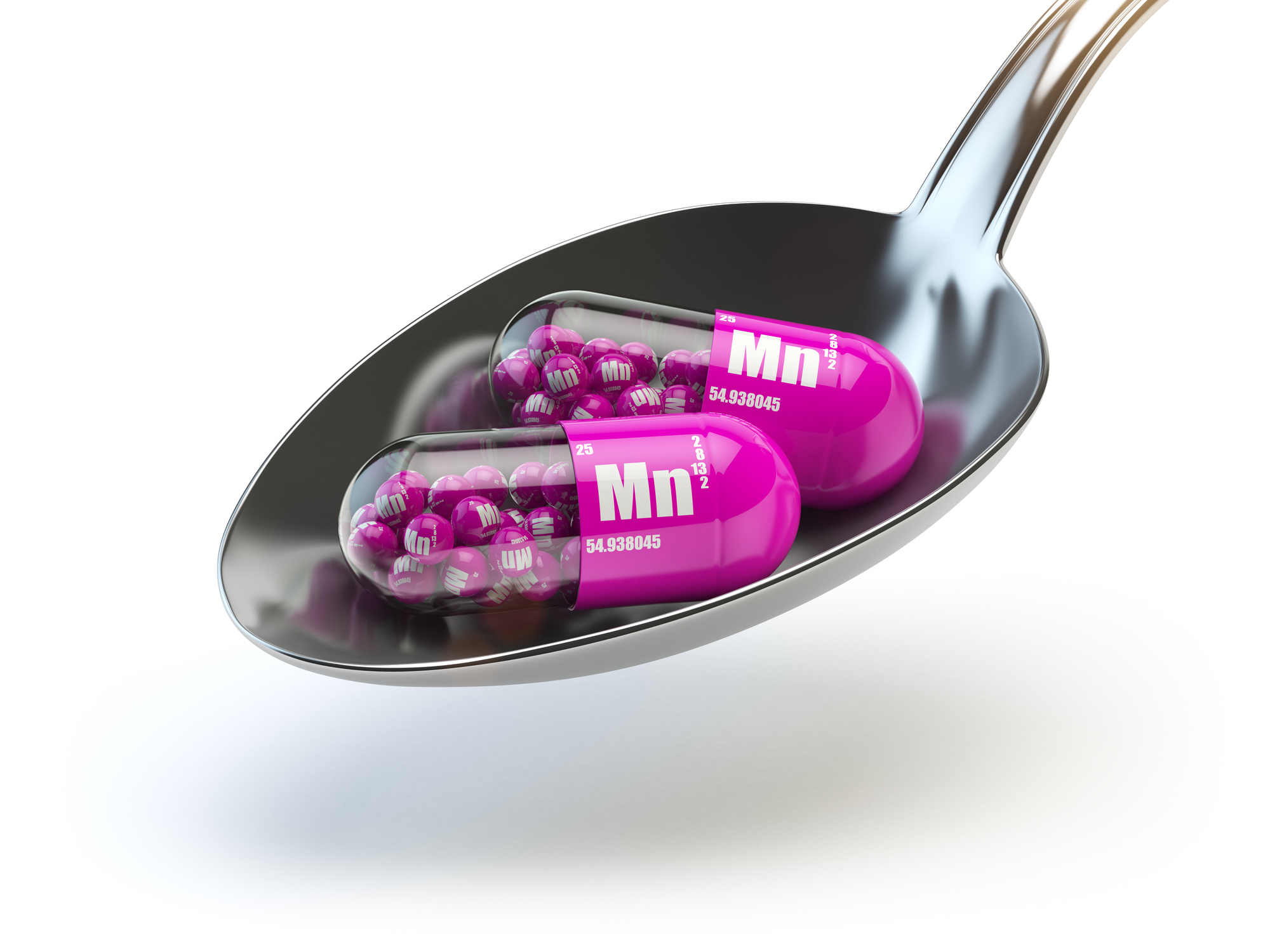Get Easy Health Digest™ in your inbox and don’t miss a thing when you subscribe today. Plus, get the free bonus report, Mother Nature’s Tips, Tricks and Remedies for Cholesterol, Blood Pressure & Blood Sugar as my way of saying welcome to the community!
Is this trace mineral behind your blood sugar problems?

It’s no secret that diabetes is a major health issue that’s reached epidemic proportions.
Diabetes can affect many parts of the body and is associated with serious complications, such as heart disease, stroke, blindness, kidney failure, and lower-limb amputation, among other conditions.
Exercise and diet are your main weapons against becoming a diabetes statistic.
But aside from avoiding sugar and processed foods and “eating healthy,” there’s an important trace mineral that can further swing the odds in your favor…
Manganese for regulating blood sugar
Manganese is a trace mineral, one that your body only needs in small amounts. But without it, your body is in trouble.
To illustrate this point, iron is also considered a trace mineral, and we know that iron deficiency results in anemia.
Manganese is heavily concentrated in the pancreas and is involved in the production of insulin.
A person with insufficient manganese will have impaired glucose tolerance. In other words, blood glucose is raised beyond normal levels, but not high enough to warrant a diabetes diagnosis… yet.
That’s called prediabetes, and in addition to making you ripe for a diabetes diagnosis sooner than later, it carries serious risks of its own.
Research links insufficient manganese with diabetes risk
According to previous research published in Diabetes Care, a higher intake of manganese is associated with a lower type 2 diabetes risk among postmenopausal women.
Jung Ho Gong, an undergraduate research assistant at Brown University, looked at 84,285 postmenopausal women who had taken part in the observational study portion of the Women’s Health Initiative, a long-term national health study.
He evaluated the association between manganese intake and the risk of type 2 diabetes and found that those in the highest 20 percent for manganese intake had a 30 percent lower risk than those in the lowest 20 percent.
Related: The diabetes ‘spice’ that beat metformin
And additional research supports these findings…
A 2014 study based on the Korean National Health and Nutrition Examination Survey (KNAHNES) had previously shown a connection between manganese and reduced risk of diabetes.
This study measured the blood manganese levels of 3,996 participants and evaluated them for the presence of diabetes and four other chronic diseases.
Blood manganese levels were significantly lower in subjects with diabetes. This suggested to the researchers that manganese played a role in maintaining a steady glucose level.
This isn’t surprising since manganese helps the body metabolize fats and carbohydrates, a process that must run well to regulate blood sugar.
Other ways manganese is important for your body
Having sufficient manganese in your diet protects you from more than diabetes. In fact, it’s…
- essential for bone strength and the prevention of osteoporosis and fractures.
- a vasodilator, so it promotes healthy blood flow.
- involved in the digestion of proteins and amino acids.
- important in the production of thyroxine, the main thyroid hormone that controls how much energy the body uses (when it doesn’t function well, you have low energy associated with low thyroid).
But just how much manganese do you need to consume to benefit?
According to the Linus Pauling Institute, the adequate daily intake for manganese is 2.3 milligrams in adult men and 1.8 milligrams in adult women. The Tolerable Upper Intake Level for manganese is 11 milligrams per day. Manganese can become toxic in higher doses, don’t go over that amount.
Good food sources of manganese include:
- Shellfish
- Nuts, especially almonds and pecans
- Beans and legumes such as lima and pinto beans
- Oatmeal and bran cereals
- Whole wheat bread
- Brown rice
- Spinach
- Pineapple
- Dark chocolate
- Sweet potatoes
Also, manganese is a part of the antioxidant enzyme superoxide dismutase (SOD), one of the most important antioxidants in your body. It works to prevent disease by fighting free radicals.
So, getting those manganese-rich foods into your diet may not only keep diabetes away, but it can keep your immune system strong. That’s something we all want and need right now!
Editor’s note: Are you feeling unusually tired? You may think this is normal aging, but the problem could be your master hormone. When it’s not working, your risk of age-related diseases skyrockets. To reset what many call “the trigger for all disease” and live better, longer, click here to discover The Insulin Factor: How to Repair Your Body’s Master Controller and Conquer Chronic Disease!
Sources:
- Higher manganese intake may be tied to lower type 2 diabetes risk — Medical Xpress
- 10 Evidence-Based Benefits of Manganese — Healthline
- Diabetes Statistics — Diabetes Research Institue Foundation
- Statistics About Diabetes — American Diabetes Association
- Welcome to the Women’s Health Initiative — Women’s Health Initiative













